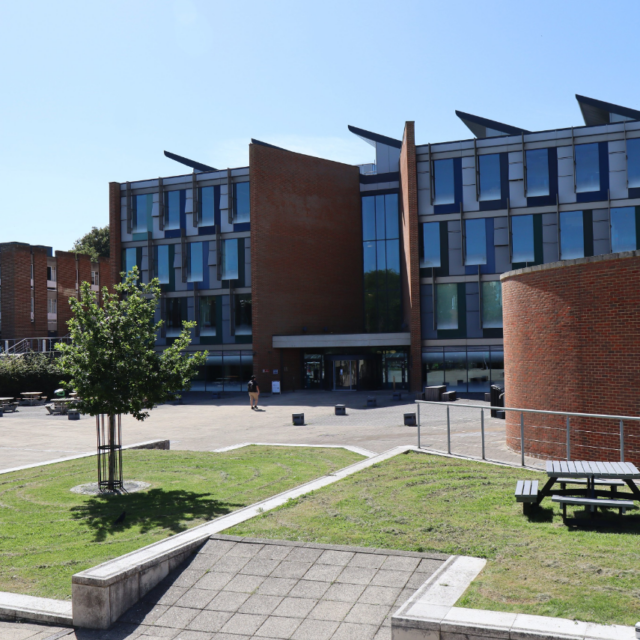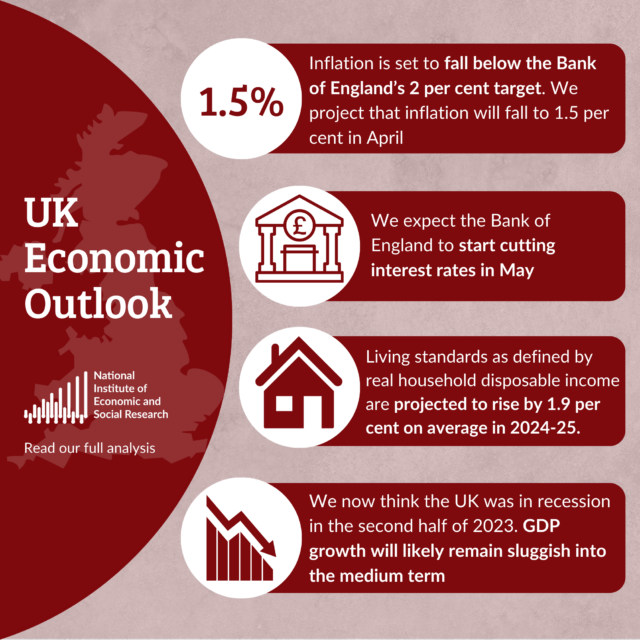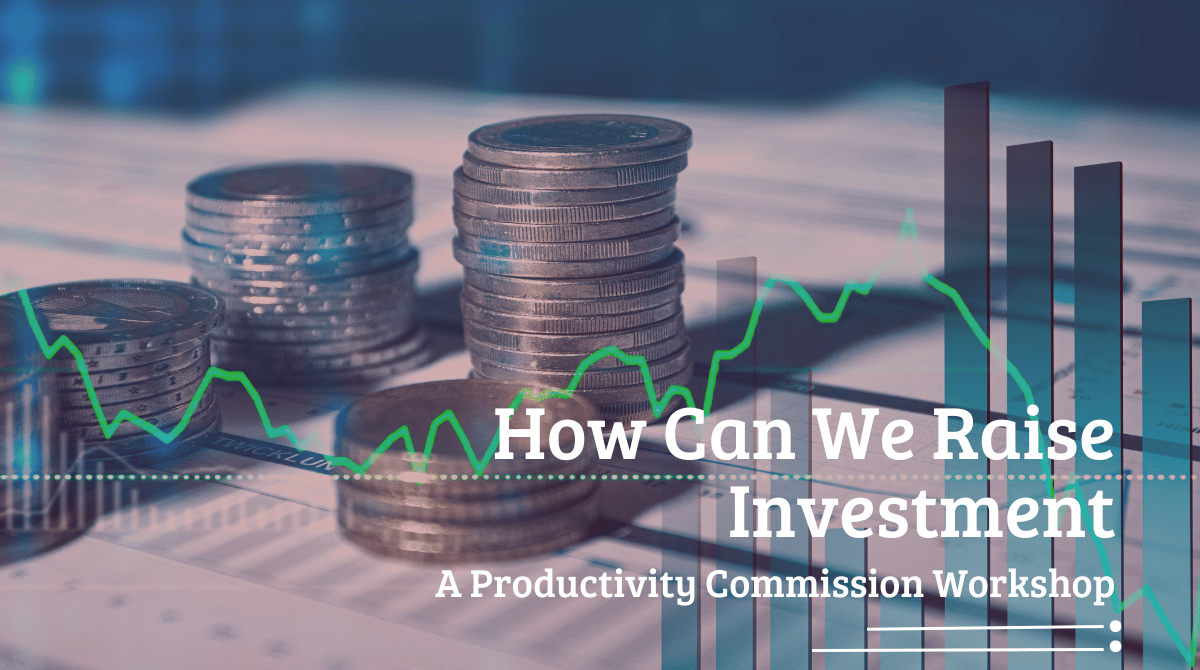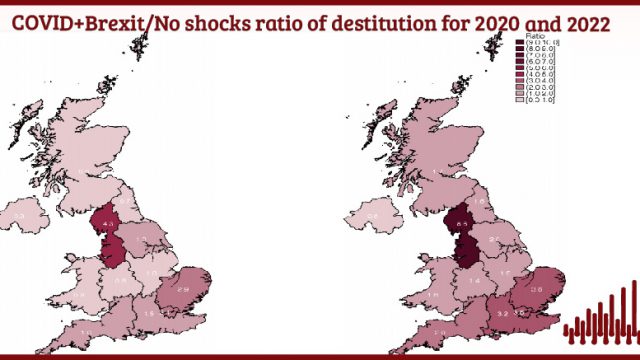- Home
- Publications
- Why Should We Care About Productivity?
Why should we care about productivity?
 Pub. Date
Pub. Date
 Pub. Type
Pub. Type
External Authors

Pryce, Vicky
Related Themes
Productivity, Trade, and Regional EconomiesJournal
National Institute Economic Review, No. 231
Publisher
Sage Publications, London
External Resources
The ‘productivity puzzle’ – the substantial drop in productivity in the UK since the onset of the financial crisis in 2008 – has exercised economists and policymakers alike. The loss in productivity levels, mainly output per hour, should have been restored by now and the trend growth should have been recovered, or even exceeded. Instead after a very sharp fall, much faster than many of our competitors, it has only recently started to rise again, but at a stubbornly slow rate and at the time of writing stood some 2 per cent below its pre-recession levels. So although we are likely to get back to where we were pretty soon, it is possible that the gap, with where we should have been on pre-recession trends, continues. The Bank of England calculates this gap could stay as high as 16 per cent or even widen if the rate of productivity increase does not return to normal. This is bad for the economy and especially bad for innovation, investment, growth and competitiveness. This paper examines possible explanations and offers some possible answers. It sides, in the end, more with those that argue that demand deficiency looks like being at least a part of the explanation, but acknowledges that changes in the structure and destination of employment, since the recession started, have also played a role.
Related Blog Posts

Exploring the Data on UK Productivity Performance
Issam Samiri
Stephen Millard
11 Dec 2023
4 min read

UK Investment Past and Prospects: A Framework for Analysis
Catherine Mann
01 Dec 2023
6 min read


Where Are We With Regional Inequalities in the UK?
Adrian Pabst
Jagjit S. Chadha
01 Nov 2023
5 min read
Related Projects
Related News


Related Publications


Productivity and Investment: Time to Manage the Project of Renewal
12 Mar 2024
UK Productivity Commission

UK Households Should Start Feeling Better Off as Election Looms
07 Feb 2024
UK Economic Outlook

Adam Smith and the Bankers: Retrospect and Prospect
04 Jan 2024
National Institute Economic Review
Related events

Investing for Growth: boosting productivity through higher public and private investment

The Outlook for the Welsh Economy

Prais Lecture with Chris Pissarides: The Future of Work and Wellbeing

A View and Prospects for British Investment

How Can We Raise Investment?

Productivity Commission Evidence Session: Examining the Role of International Investment

High Dimensional Forecasting and its Pitfalls – M. Hashem Pesaran

Finance and Growth Workshop






